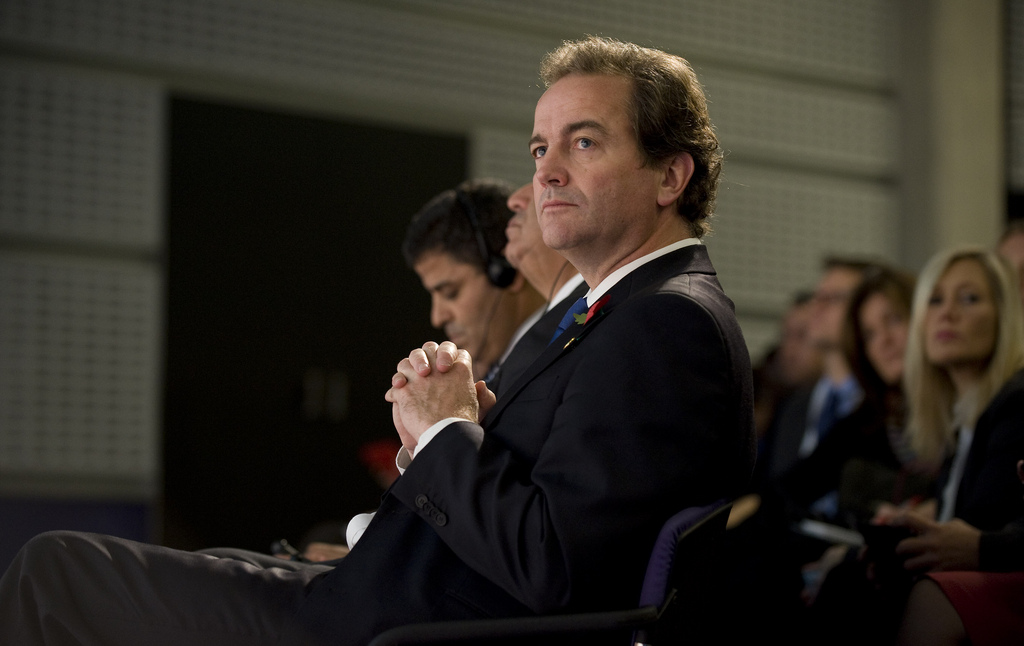
Image: Cabinet Office Flickr/ Crown Copyright.
Climate change minister Nick Hurd has said that the government is “thinking through” ways to drive established renewable technologies such as solar towards subsidy-free deployment.
Hurd was providing evidence to the Business, Energy and Industrial Strategy select committee this morning (Tuesday 10 January) during a wide-ranging session that deviated from the outcomes of COP22 to the government’s forthcoming carbon plan and support frameworks for various technologies.
Hurd acknowledged the “phenomenal” cost reductions witnessed in solar PV, but also insisted that subsidy support could not continue in its previous forms.
“The needle has swung very far in quite [a] short amount of time and that has come at a cost,” he said.
He recognised that the spate of subsidy cuts proposed in the summer of 2015 had “caused some pain, some uncertainty”, and revealed that the government was now working towards “the next stage”, which would involve moving from “subsidy-based deployment to a subsidy-free basis in competitive markets”.
“In the fiscal environment we’re in we’ve got to be very careful about the public purse… about our constituents’ purposes, and we’ve got to be smart. Now, what’s the route forward for these technologies in terms of deploying on a subsidy-free basis in a competitive market? …that’s what we’re trying to think through at the moment,” he said.
Hurd also moved to reiterate the Conservative Party’s manifesto commitment of not supporting any further developments of onshore wind, but would not be drawn onto details surrounding any future renewable energy auctions.
The government’s forthcoming carbon plan is expected to set out policies which will help the UK decarbonise sectors of the economy in line with levels set out in the fifth carbon budget, a policy which Hurd labelled “very ambitious” when before the committee.
He echoed the sentiments of former energy ministers and secretaries of state in stating that the heat and transport sectors posed the biggest challenges in terms of decarbonisation while the power sector had “overperformed”, providing the biggest hint yet that the carbon plan will focus primarily on boosting decarbonisation of the two former sectors.
Hurd gave mention to the progresses made in electric vehicles in particular, stating that “in transport you can see the future, and the future’s electric”.

